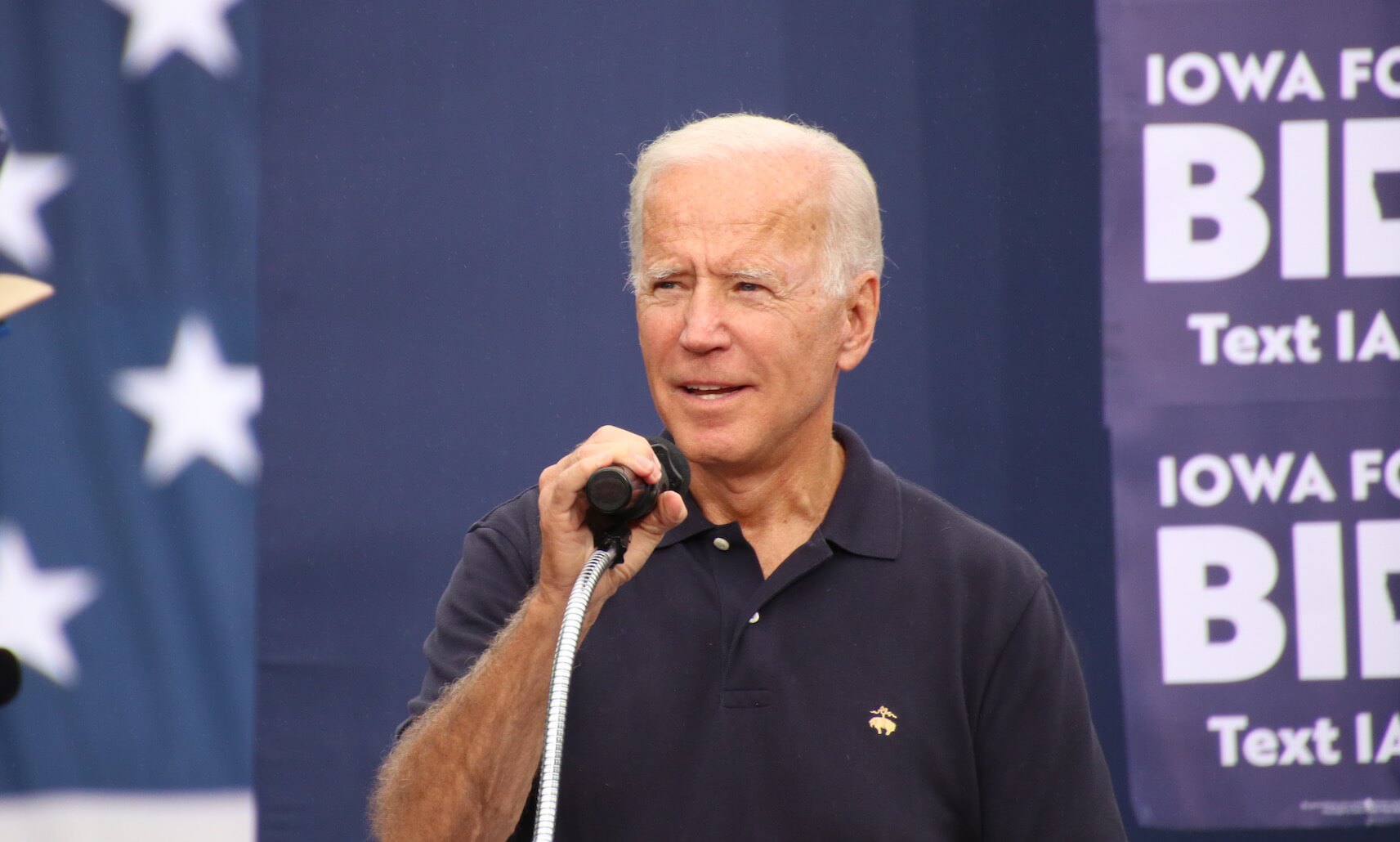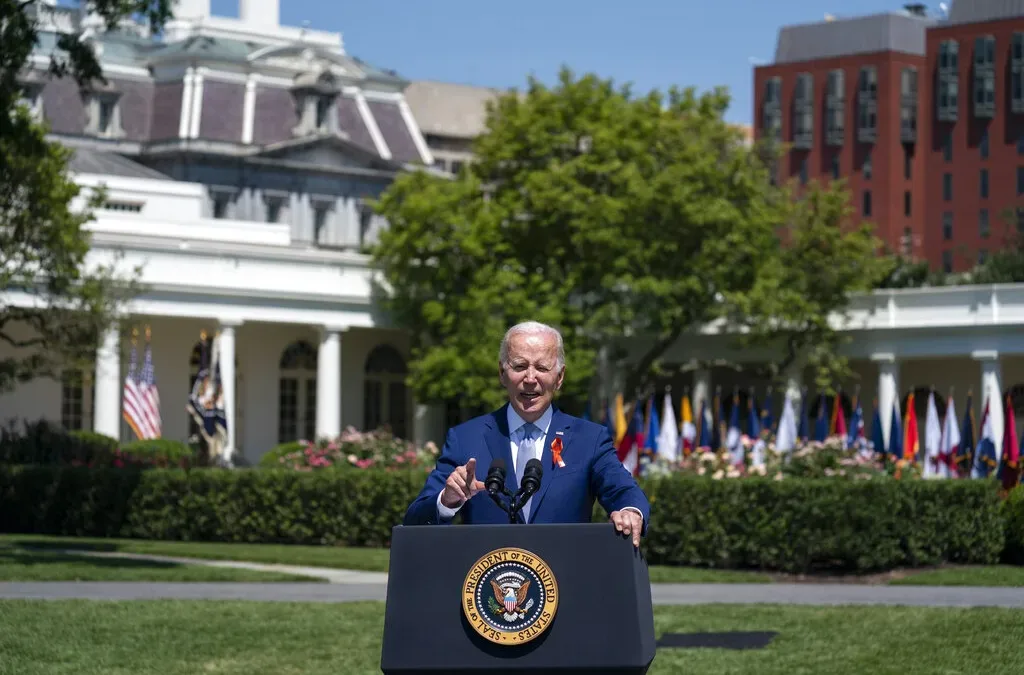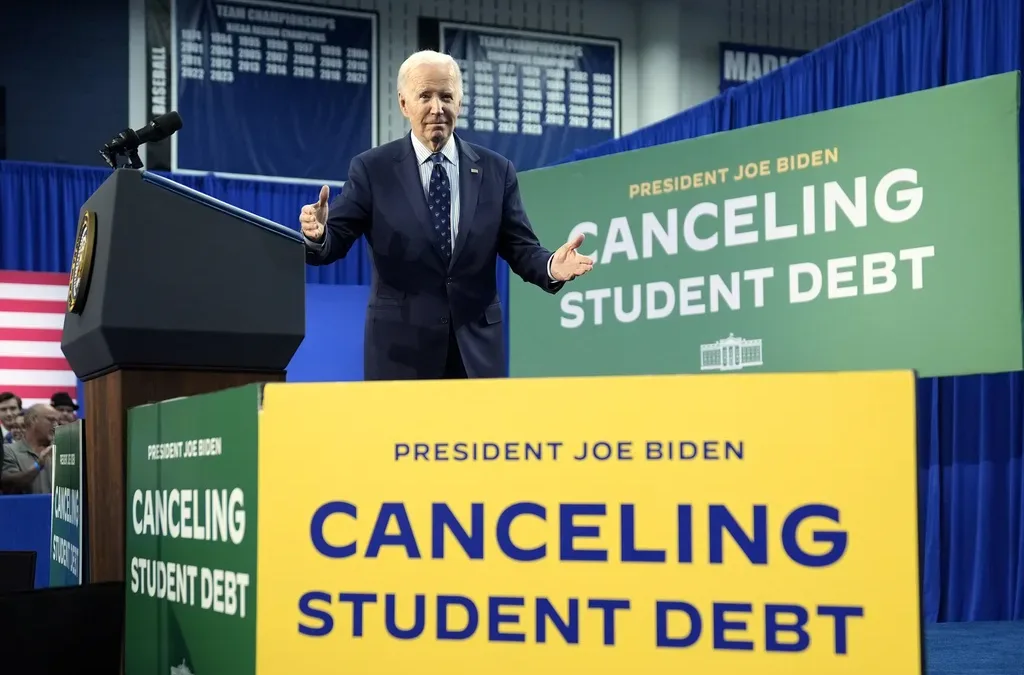
Photo by Julie Fleming
Tom Vilsack is “absolutely” confident the lessons Democrats learned from their stunning defeat in the 2016 presidential election boost the chances for a Joe Biden victory in November.
One of the top lessons? Don’t ignore the Midwest, and more specifically, small cities and towns in the Midwest long thought to be Democratic strongholds. Biden surrogates on Friday touted the candidate’s clean energy plan, which includes a focus on renewable fuels, as part of the policy front that should appeal to rural voters.
“While Democrats may not win a rural county, they have to avoid being absolutely — as they like to say, they have to avoid a 90-10/80-20 vote split in a rural community, because if you have too many of those 80-20 splits, like we did in 2016, no matter what you do in an urban/suburban area, it isn’t enough to win the state and you end up short on the electoral college,” Vilsack, a former Iowa governor and President Obama’s secretary of agriculture, told Starting Line.
[inline-ad id=”2″]
Biden was supposed to be in Milwaukee, Wisconsin, this week to accept the Democratic nomination in a state Donald Trump won by about 22,000 votes in 2016.
Wisconsin, along with Michigan and Pennsylvania, are seen as prime pick-up opportunities for Biden this year. Raised in the working class community of Scranton, Pennsylvania, the former vice president has long connected with middle America through tragedies in his personal life and his humble upbringing. Recent polling shows Biden in a competitive position in Iowa as well.
The Real Clear Politics average of polling in Wisconsin shows Biden up six points on Trump. In Michigan, the RCP average shows a +7.7 advantage for Biden and +7.8 in Pennsylvania. But Democrats, still traumatized by the false hope of positive poll numbers for Hillary Clinton, aren’t taking their lead for granted. With less than four months until Election Day, Biden and his team continue to campaign with the urgency of an underdog.
[inline-ad id=”3″]
Over the summer Biden slowly has folded public events into his campaign schedule after a spring spent at home in Wilmington, Delaware, due to the coronavirus pandemic. But his in-person events have been small and close to home, largely eliminating the face-to-face, personal connections he famously makes with voters on the campaign trail.
Vilsack has seen Biden work a rope line for more than 30 years, dating back to 1987 when he and Christie Vilsack volunteered for Biden’s first presidential run.
“I don’t think it’s been detrimental,” Vilsack said, of Biden’s limited in person events. “I’m sure he misses that connection. I’m sure he misses the ability to look people in the eye … he misses that, I’m sure, but I think his character comes forward and comes out. And I think he’s molded presidential demeanor and presidential leadership during this campaign, and I think that’s why people are reacting favorably to his campaign.”
[inline-ad id=”4″]
Part of how the Biden team reaches voters nationwide is through state-specific Zoom meetings that are open to the public and press. Vilsack has participated in a number of these calls with a variety of Iowa leaders, most recently joined by Waterloo Rep. Ras Smith, Waterloo Mayor Quentin Hart and IBEW Local 704 business manager Tom Townsend to discuss Biden’s sweeping economic proposal “Build Back Better.”
Friday’s roundtable discussion focused on how elements of the plan, such as pro-family-farmer trade policies, clean energy jobs and the construction of more than 1 million affordable homes and public housing units, would help both urban and rural communities in Iowa develop infrastructure and add jobs to support “an equitable clean energy future.”
Biden has not endorsed the Green New Deal proposed by some of the more liberal members of his party, instead championing a $2 trillion investment to achieve net-zero emissions across the economy by 2050.
“Specifically for Iowa, the vice president’s plan calls for a commitment for American agriculture to be the first in the world to reach net-zero emissions,” Vilsack said. “What that means is, all the food we produce and we consume can be produced, and will be produced under this plan, eventually without contributing anything negative to the environment. People should feel very good about that.”
[inline-ad id=”1″]
Vilsack called the plan “the boldest” and “most optimistic future for American farming in my lifetime.”
“The fact that Joe Biden has spoken repeatedly about rural issues, included in his plans a specific mention of rural places, of agriculture … I think you’ll see better organization, better energy and better involvement in those places,” Vilsack said. “And I think the result of that is you’ll see margins shrink and that will bode well for states like Iowa and Wisconsin, Minnesota, Michigan, Pennsylvania and Ohio that are critically important to a successful presidential campaign.”
By Elizabeth Meyer
Posted 7/18/20
Iowa Starting Line is an independently-owned progressive news outlet devoted to providing unique, insightful coverage on Iowa news and politics. We need reader support to continue operating — please donate here. Follow us on Twitter and Facebook for more coverage
Politics

Biden announces new action to address gun sale loopholes
The Biden administration on Thursday announced new action to crack down on the sale of firearms without background checks and prevent the illegal...

Biden cancels student loan debt for 2,690 more Iowans
The Biden administration on Friday announced its cancellation of an additional $7.4 billion in student debt for 277,000 borrowers, including 2,690...
Local News

No more Kum & Go? New owner Maverik of Utah retiring famous brand
Will Kum & Go have come and gone by next year? One new report claims that's the plan by the store's new owners. The Iowa-based convenience store...

Here’s a recap of the biggest headlines Iowa celebs made In 2023
For these famous Iowans, 2023 was a year of controversy, career highlights, and full-circle moments. Here’s how 2023 went for the following Iowans:...




